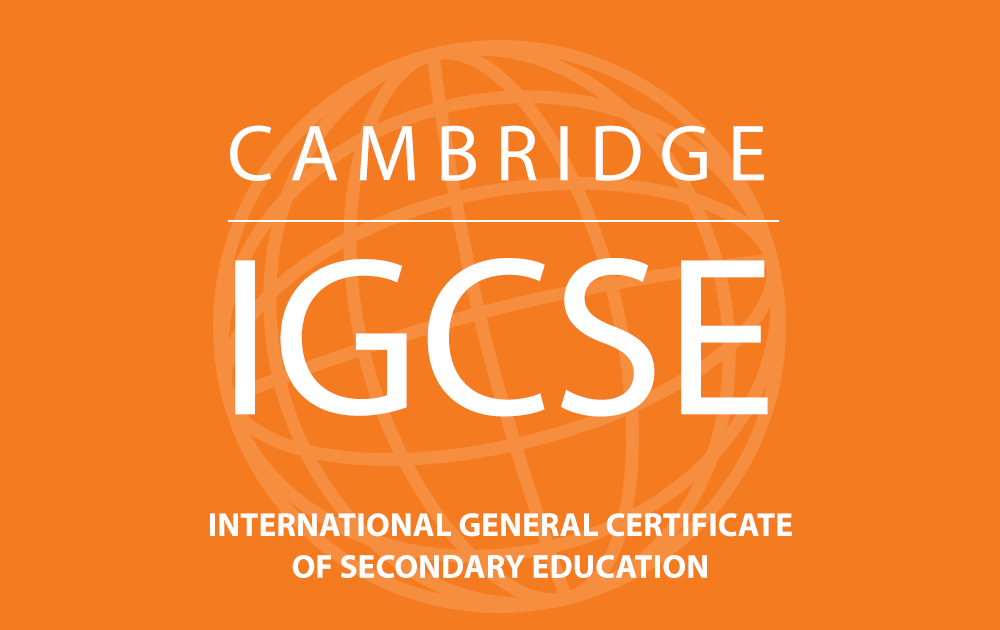I'm With Stupid
Well-Known Member
- Joined
- 6 May 2013
- Messages
- 23,124
I've taught iGCSE English and just having a look at 2022 AQA GCSE English exams, there are quite a lot of differences. Firstly, the iGCSE test has a lot more short answer questions, where you're specifically asked the meanings of individual pieces of vocabulary, or asked to find a word or phrase that means X. That seems to kind of acknowledge that while technically it's meant for first language speakers, it's often taken by people doing it as a second language. It's far more structured in terms of how you have to answer particular questions, whereas the GCSE text is entirely long essay-style answers. iGCSE though does a genre transformation question, where you have to read a text and use the information in it to write a different genre of text, which is quite challenging. It's different, but I don't think it's any more difficult. Obviously with something like this though, a lot depends on how it's marked.Comparisons with GCSE
Before changes to GCSE first taken in 2017, the IGCSE was often considered to be more similar to the older O-Levels qualification than the current GCSE in England, and for this reason was often argued to be a more rigorous and more difficult examination.[10] Before the early 2010s, most schools offering the IGCSE were private international schools for expatriate children around the world. However, in the 2010s, an increasing number of independent schools within the United Kingdom also began offering IGCSEs as an alternative to conventional English GCSEs for international IGCSE subjects, on the supposed basis that it is more challenging than the national curriculum.[11] A comparison between GCSEs and IGCSEs was conducted by the Department of Education in 2019. The study found that it was easier to achieve a grade A in English Language and English Literature in IGCSEs but harder to achieve a grade A in science subjects. Most other subjects were roughly equivalent.[12]

International General Certificate of Secondary Education - Wikipedia
en.wikipedia.org
But one interesting thing I found was the way international schools game the system. I went to work in a school that boasted 95% A or A* grades in iGCSE, and I asked them how they achieved it. Their answer was basically "Oh, we don't let all of the students take it." So if you're going to bring their average down, you'll do a different exam instead.
